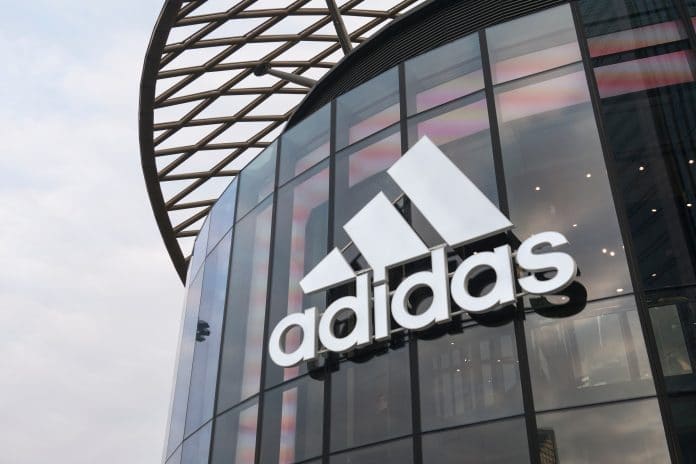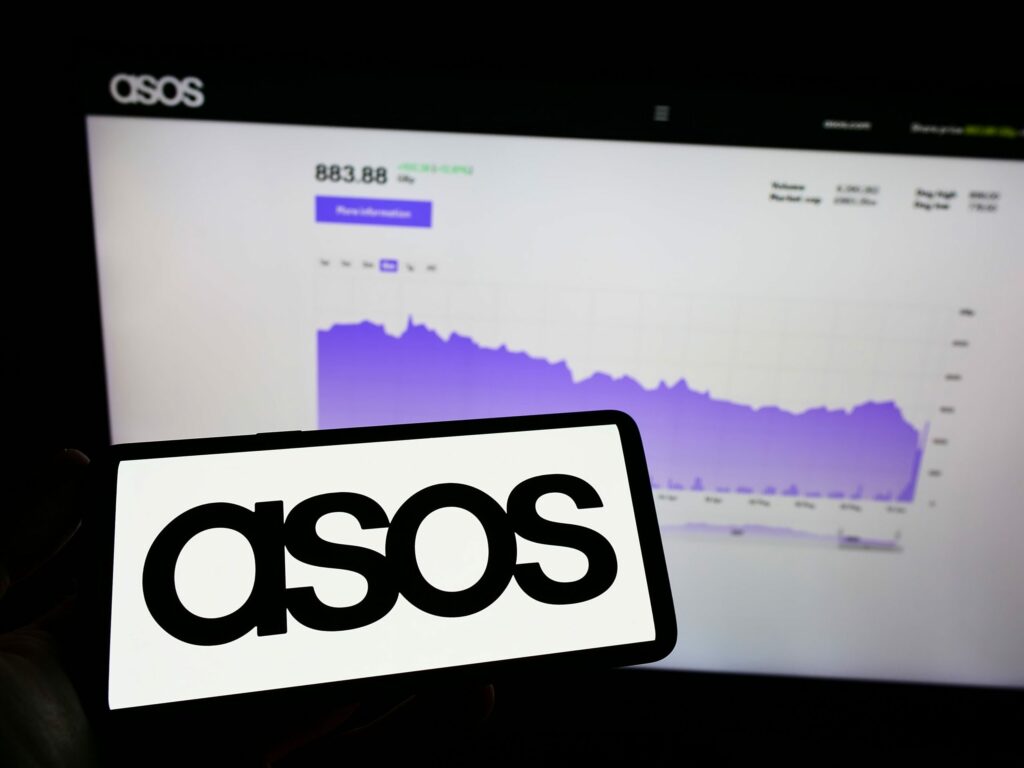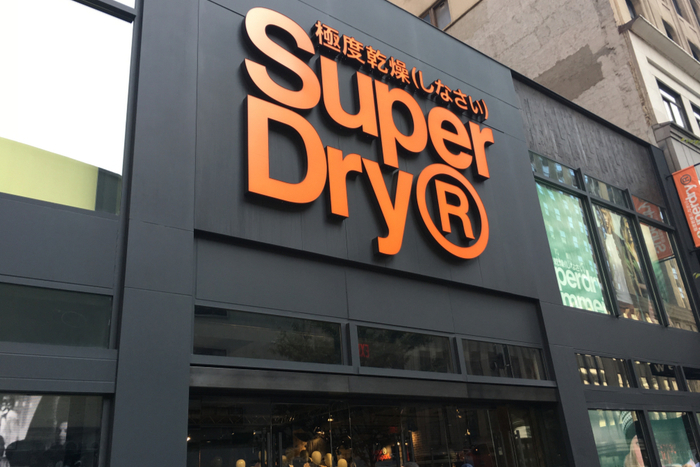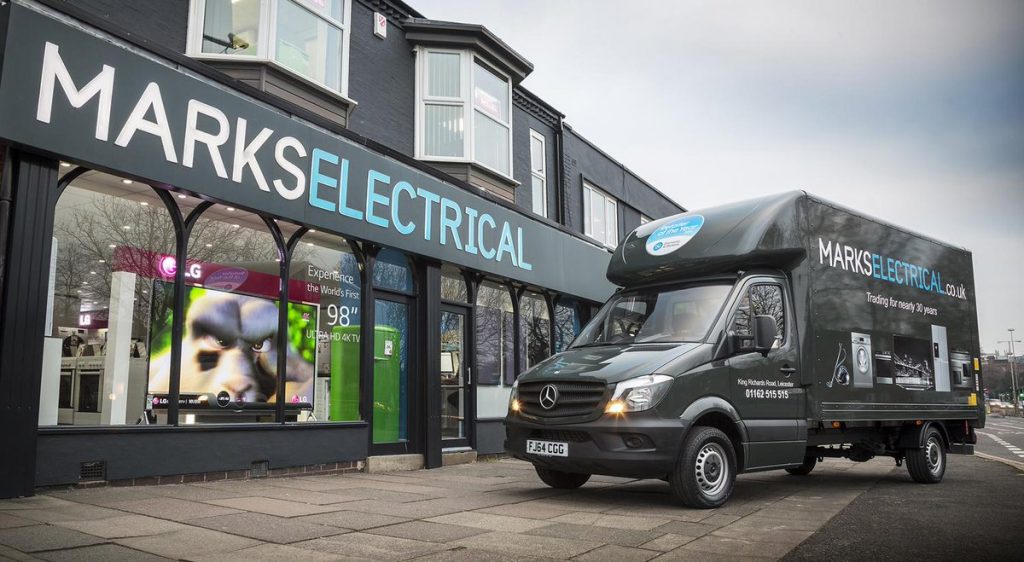Big customer data is a big issue in the modern retail world, and one company feels they have developed the right system for effective predictive marketing.
Representatives from retailers such as John Lewis, Space NK, Topshop and French Connection gathered at the Shangri-la hotel in the Shard on the morning of 22nd July as ‘AgilOne‘ presented their cloud-based predictive marketing platform.
The software, already used by the likes of Shazam, the Body Shop and Liberty, aims to help retailers analyse individual customers so marketing offers can be tailored for each buyer specifically. The system updates daily and is said to have a user-friendly interface which allows marketers to make sense of their data.
The roundtable discussion was led by Paul Gibson, senior director of sales and marketing, who was keen to resist turning the meeting into a sales pitch and opted to allow a question and answer session to flourish.
A senior management figure at Crew Clothing told the room that placing tablets in-store and using click and collect had proved “a huge bridge builder” for linking its website and shop estate while Joe Pack, head of CRM and customer acquisition at Space NK said his former employer The White Company is using catchment data methods to target existing customers. John Lewis revealed they are now using the same marketing technique.
A representative from French Connection outlined the large task of gaining the maximum value out of their customer data which they said is “in lots of different places” or data silos as is commonly known. Crew Clothing said they continue to experiment with offline marketing such as direct mail catalogues and said they changed the front cover of their catalogue to suit genders, demographics and individual purchasing history. “It was expensive but it made a difference”, a senior IT manager said.
Online marketing techniques such as pay per click, email and retargeting are used by CRM professionals in tandem with postal mail. A senior IT figure at luxury cosmetics store Space NK told Retail Gazette he ruled out using iBeacons in-store because the technology, which sends targeted smartphone messages prompting consumers to buy, wouldn‘t fit its target market of more mature ladies. The retailer has 63 UK stores.

















